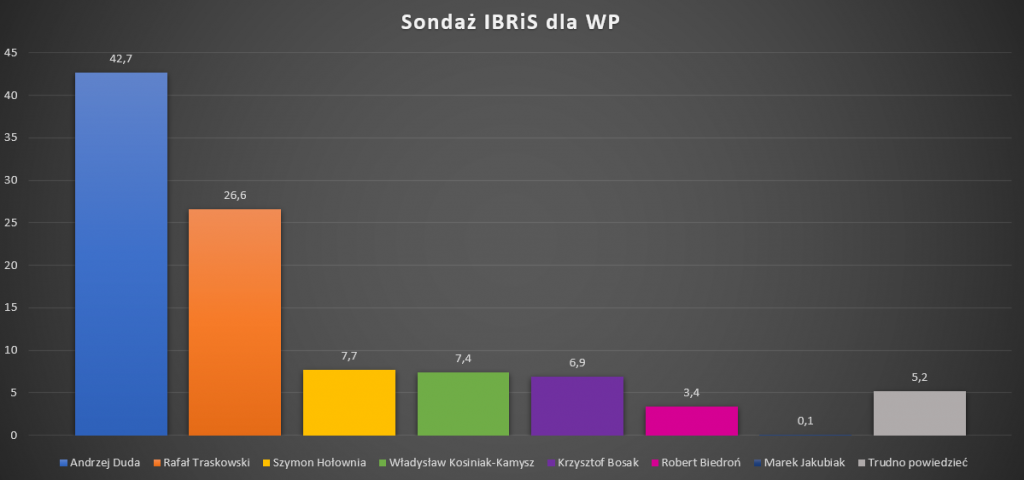Amanda Bynes' Former Classmate Details Troubling Past Behavior

Table of Contents
Early Signs of Troubling Behavior
Childhood Anecdotes
A former classmate, who wishes to remain anonymous to protect Amanda Bynes' privacy, recalls observing unusual behavior from a young age. Amanda's early childhood was marked by instances that, in retrospect, seem indicative of underlying issues.
- Early childhood: The classmate remembers Amanda sometimes exhibiting impulsive behavior, like interrupting class frequently or unexpectedly changing her behavior from playful to withdrawn.
- Problematic behavior: While not overtly aggressive, Amanda displayed a pattern of acting out in subtle ways, such as disrupting group activities or ignoring instructions.
- Social difficulties: While possessing a natural charm, Amanda struggled to maintain consistent friendships, experiencing periods of intense social engagement followed by isolation.
- Academic struggles: While intelligent, Amanda sometimes struggled with maintaining focus in school, leading to inconsistent academic performance.
Teenage Years and the Rise to Fame
As Amanda transitioned to high school and her acting career took off, her behavior, according to the classmate, became more pronounced. The immense pressure of fame seemingly exacerbated pre-existing tendencies.
- Acting career: The classmate notes a noticeable shift in Amanda's demeanor after landing significant acting roles. The demands of her career appeared to heighten her anxiety and intensify her existing behavioral patterns.
- Pressure of fame: The pressures of Hollywood, including long hours, intense scrutiny, and the constant attention, may have contributed to a deterioration in her well-being.
- Behavioral changes: The classmate witnessed increased mood swings and instances of erratic behavior, though the exact nature of these incidents remains private.
- Early warning signs: In retrospect, these teenage years displayed significant early warning signs, pointing to potential underlying mental health challenges.
The Classmate's Perspective
Specific Instances of Troubling Behavior
The classmate offers several specific examples of Amanda's behavior, emphasizing the importance of understanding the context without speculating on diagnoses. The specifics are kept confidential to respect Amanda's privacy.
- Witness testimony: The classmate's accounts provide firsthand insight into Amanda's experiences and behavior during her formative years.
- Troubling incidents: While the details are withheld, the classmate recounts several incidents that demonstrated a pattern of unpredictable behavior.
- Specific examples: These instances, though private, underscore a concerning trend in Amanda's behavior, highlighting the complexities of her journey.
- Behavioral patterns: The consistent nature of these incidents, as described by the classmate, suggests the presence of underlying issues.
Impact on the Classmate and Others
Amanda's behavior significantly impacted those around her, causing distress and uncertainty. The classmate describes the emotional toll of witnessing these events.
- Peer relationships: Amanda's unpredictable behavior made it difficult for her to form and maintain stable relationships with peers.
- Social impact: Her actions created tension and disruption within the school environment and social circles.
- School environment: The classmate recalls a sense of unease and uncertainty among students regarding Amanda's behavior.
- Lasting effects: The classmate describes the lasting emotional impact of witnessing Amanda's struggles and the lingering sense of concern for her well-being.
- Emotional consequences: The classmate's account highlights the emotional ripple effect of Amanda's behavior on her peers and the school community.
Connecting Past Behavior to Later Struggles
Possible Explanations and Speculation (with caution)
While avoiding diagnostic labels, it's important to consider potential contributing factors to Amanda's later struggles. The classmate's account hints at several possibilities.
- Potential causes: A combination of factors, including early childhood experiences, the immense pressure of fame, and potential underlying mental health conditions, may have contributed to her difficulties.
- Contributing factors: The pressures of Hollywood and the intense public scrutiny may have exacerbated pre-existing vulnerabilities.
- Mental health challenges: The classmate's observations suggest the possibility of undiagnosed or untreated mental health conditions.
- Early life experiences: Early childhood experiences, although unknown in detail, may have played a significant role in shaping Amanda's behavior.
- Fame's impact: The sudden rise to fame likely amplified existing challenges and created new stressors.
Importance of Understanding the Context
Understanding Amanda Bynes' journey requires empathy and a nuanced perspective. It’s crucial to avoid simplistic judgments and recognize the complexity of mental health.
- Mental health awareness: This case highlights the importance of raising awareness about mental health challenges and the need for early intervention and support.
- Understanding context: It's vital to understand the numerous factors that might have contributed to Amanda's struggles, rather than assigning blame or offering simplistic explanations.
- Empathy: Empathy and compassion are essential when considering the experiences of individuals facing mental health challenges.
- Compassion: Judging Amanda based solely on her behavior overlooks the complexities of her journey and the potential underlying causes of her actions.
- Complex issues: Mental health is a complex area, and understanding requires avoiding generalizations and simplistic conclusions.
Conclusion
The classmate's account paints a picture of troubling behavior in Amanda Bynes' early life, offering potential clues to her later struggles. The information provided emphasizes the importance of understanding the multifaceted nature of mental health challenges and avoiding simplistic explanations. Understanding Amanda Bynes' past behavior is crucial to fostering empathy and promoting awareness surrounding mental health challenges. If you or someone you know is struggling with mental health issues, please seek professional help. Resources are available; find support through [link to a relevant mental health organization].

Featured Posts
-
 Tom Clancys The Division 2 Anniversary Six Years Of Updates And Content
May 18, 2025
Tom Clancys The Division 2 Anniversary Six Years Of Updates And Content
May 18, 2025 -
 Snl Audiences Profanity Filled Reaction To Ego Nwodim Sketch
May 18, 2025
Snl Audiences Profanity Filled Reaction To Ego Nwodim Sketch
May 18, 2025 -
 Roucou Hong Kong A Cheese Lovers Omakase Experience
May 18, 2025
Roucou Hong Kong A Cheese Lovers Omakase Experience
May 18, 2025 -
 Kanye Westas Vel Sokiruoja Nauja Nuotrauka Su Bianca Censori
May 18, 2025
Kanye Westas Vel Sokiruoja Nauja Nuotrauka Su Bianca Censori
May 18, 2025 -
 Bowen Yang Speaks Out Ego Nwodims Snl Sketch And The Fallout
May 18, 2025
Bowen Yang Speaks Out Ego Nwodims Snl Sketch And The Fallout
May 18, 2025
Latest Posts
-
 Najnowszy Ranking Zaufania Ib Ri S Trzaskowski Wyprzedza Morawieckiego I Dude
May 18, 2025
Najnowszy Ranking Zaufania Ib Ri S Trzaskowski Wyprzedza Morawieckiego I Dude
May 18, 2025 -
 Sondaz Ib Ri S Dla Onetu Trzaskowski Liderem Morawiecki I Duda Za Nim
May 18, 2025
Sondaz Ib Ri S Dla Onetu Trzaskowski Liderem Morawiecki I Duda Za Nim
May 18, 2025 -
 Ib Ri S Dla Onetu Trzaskowski Z Najwiekszym Zaufaniem Polakow
May 18, 2025
Ib Ri S Dla Onetu Trzaskowski Z Najwiekszym Zaufaniem Polakow
May 18, 2025 -
 Christophe Mali A Onet Le Chateau Informations Et Billets
May 18, 2025
Christophe Mali A Onet Le Chateau Informations Et Billets
May 18, 2025 -
 Concert De Cloture Saison Culturelle Christophe Mali A Onet Le Chateau
May 18, 2025
Concert De Cloture Saison Culturelle Christophe Mali A Onet Le Chateau
May 18, 2025
